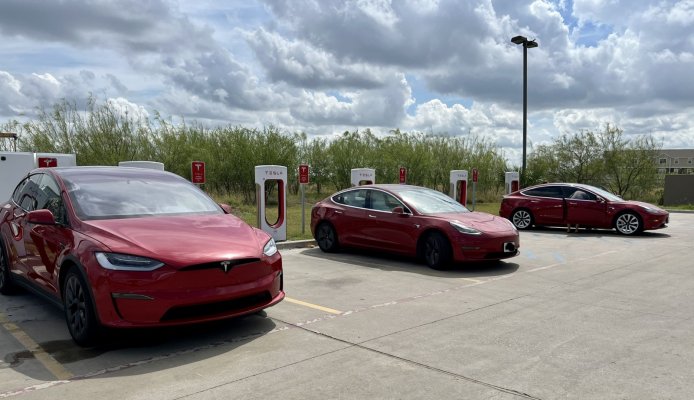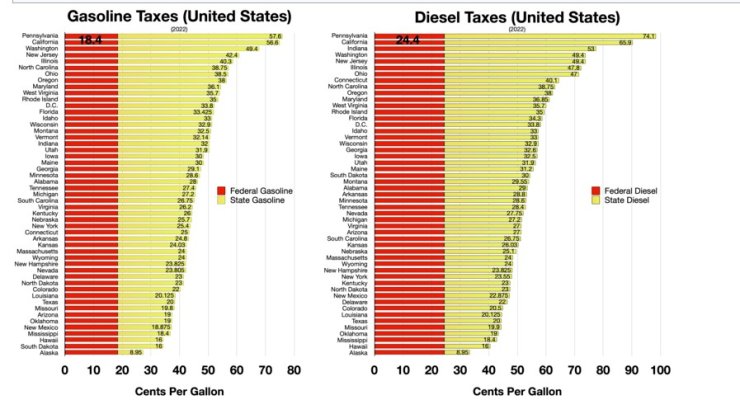NW-Bound
Give me a museum and I'll fill it. (Picasso) Give me a forum ...
- Joined
- Jul 3, 2008
- Messages
- 35,712
And you think it's tough locating your car in a big parking lot today...
Eh, people would still be allowed to have customized paint jobs.
That's still a lot better than the Catholic school I attended, where uniforms were mandatory.



